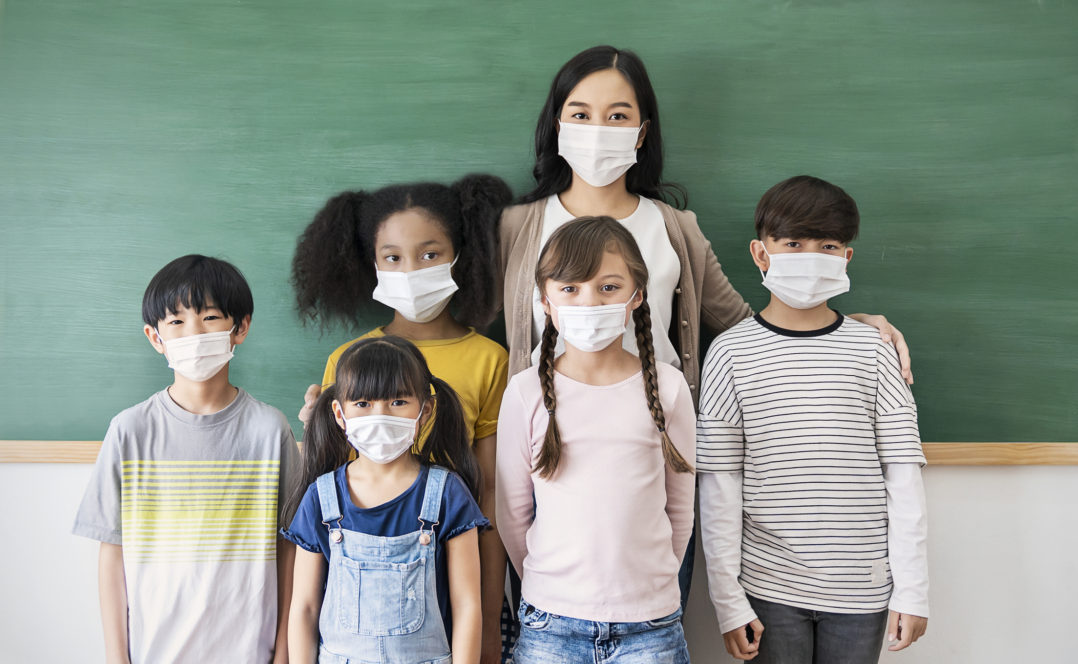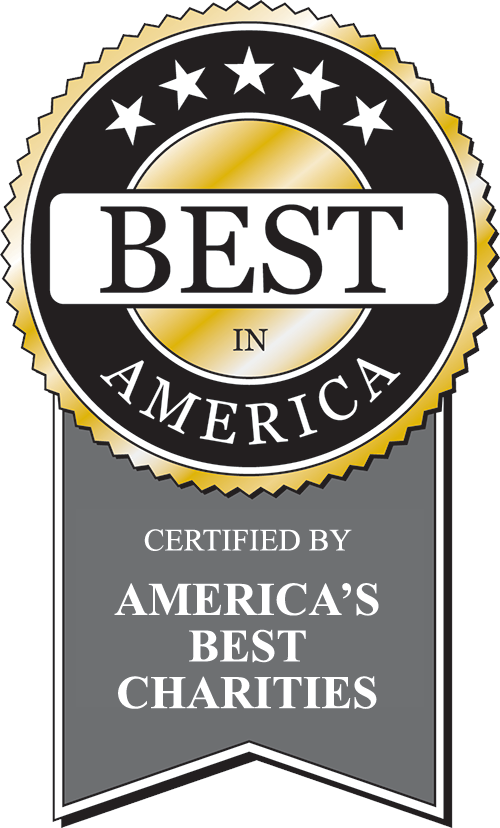HELPING LATINOS RECOVER AND THRIVE
To achieve the pandemic recovery we all want, we must ensure that everyone is included in it.
The COVID-19 pandemic has disproportionately affected the U.S. Latino community. As the nation continues to battle the pandemic, we advocate for all in the Hispanic community to have easy and effective access to the COVID-19 vaccines.
HOW COVID-19 VACCINES WERE DEVELOPED
WHAT IS THE PROCESS OF DEVELOPING A COVID-19 VACCINE?
The process of making the COVID-19 vaccines involves rigorous testing in thousands of participants in clinical studies. Once there is enough information, the U.S. Food and Drug Administration (FDA) determines risks and benefits and recommends or denies the approval of the vaccine before the vaccine reaches the public. The FDA is the agency responsible for ensuring the safety and effectiveness of the COVID-19 vaccines in the United States. Of the COVID-19 vaccines currently available, two (Moderna’s and Johnson and Johnson’s) are under authorization by the FDA for emergency use based on clinical testing and guidelines to ensure the vaccines are safe to use. The Pfizer vaccine has received full approval, which means it has undergone the FDA’s standard process for reviewing the quality, safety, and effectiveness. The FDA continues to monitor and track side effects as it normally does with new vaccines.
WHAT ARE CLINICAL TRIALS?
Clinical trials are science-based studies performed in people to test safety and effectiveness of a new medication, treatment, screening, vaccine, and more. It is important to note that before entering the clinical development, an investigational vaccine has previously been studied to make sure it is safe to test on humans. There are three phases to the clinical development for a new vaccine to be approved. You can click here for a visual of the three phases on how a new vaccine is developed, approved, and manufactured.
WHY DO CLINICAL TRIALS SOMETIMES PAUSE DURING THE CLINICAL DEVELOPMENT?
At any moment during the clinical development, if scientists observe concerning side effects, they can put the clinical trial on pause and it is only after a detailed investigation when scientists decide to continue or abandon the clinical trial. Pausing clinical trials during the clinical development is common and they have and will continue to occur during the development of more COVID-19 vaccines. These pauses are only signs that scientists are following protocols to ensure safety.
WHY IS OUR PARTICIPATION IMPORTANT IN CLINICAL TRIALS?
Historically, people who are Latino, Black, Indigenous, Native American/Alaskan Native, and people from other racial and ethnic minority groups, which are also communities disproportionally impacted by the COVID-19 pandemic, have been significantly underrepresented in health research. For this reason, public health experts are making a call to action to ensure that people from racial and ethnic minority groups become part of clinical trials for the COVID-19 vaccines. Those who have participated in clinical trials say their motivation is to help advance health care and contribute to scientific findings for the collective good.
WHERE CAN I FIND A CLINICAL TRIAL FOR THE COVID-19 VACCINES?
Our colleagues at COVID-19 Prevention Network have created a participant screening registry for potential participants who want to partake in current or future COVID-19 prevention clinical trials. Please note that each trial is at different phases of recruitment, so information will vary. If you are interested in taking part of the registry, click here to begin the survey and you could become part of clinical trials currently looking for participants. The survey typically takes 10 minutes to complete.
The National Institutes of Health’s Community Engagement Alliance Against COVID-19 Disparities (CEAL Alliance) also aims to ensure that COVID-19 prevention and treatment clinical trials include racially and ethnically diverse communities most affected by the pandemic. The CEAL Alliance conducts outreach and seeks input from communities to raise awareness about COVID-19 and to address misinformation and mistrust about the pandemic in efforts to combat it. The CEAL Alliance research teams are working to expand community outreach efforts by NIH COVID-19 trial networks while engaging with trusted organizations and people. For more details, click here.
WHAT CAN WE ALL DO TO TACKLE MISINFORMATION AROUND THE COVID-19 VACCINES?
We encourage you to share resources from trusted sources in your community with your friends, neighbors, and family to ensure that they also have the latest information about COVID-19 vaccines.
For more guidance on what to do about misinformation and how to help stop it, please visit out misinformation page.
Additional Resources
Webpages:
- Development of New Vaccines | CDC
- Ensuring the Safety of Vaccines | CDC
- Coronavirus Vaccine Tracker | The New York Times
- These are the Top Coronavirus Vaccines to Watch | The Washington Post
- FAQs What You Should Know About COVID-19 Vaccines, Testing, and Immunity | Massachusetts General Hospital
- Vaccine Product Approval Process | FDA
- Clinical Studies Recruiting Volunteers | COVID-19 Prevention Network
- COVID-19 Vaccines 8 things to Know | CDC
- NIH COVID-19 Communities Responding Together | NIH
- V-Safe after vaccination health checker | CDC
Infographics:
- Is a COVID-19 Vaccine Clinical Trial Right for Me? | CEAL
- Journey of a Vaccine | CDC
- How mRNA COVID-19 Vaccines Work | CDC
- How Viral Vector COVID-19 Vaccines Work | CDC



